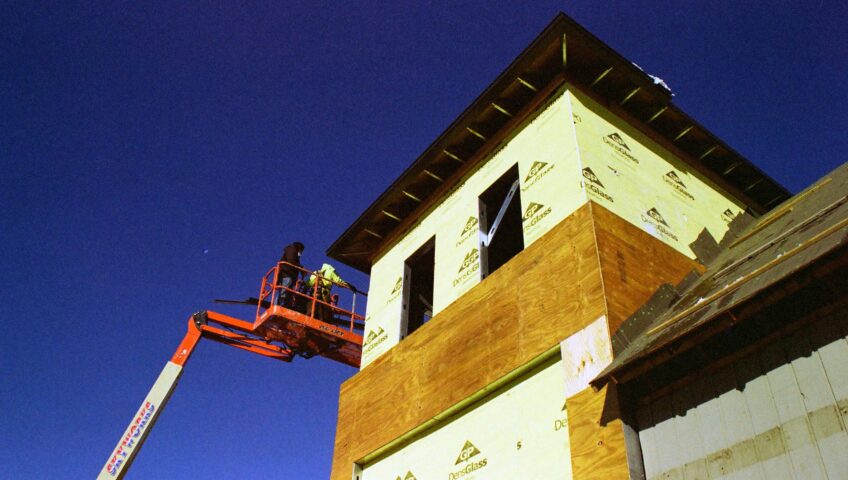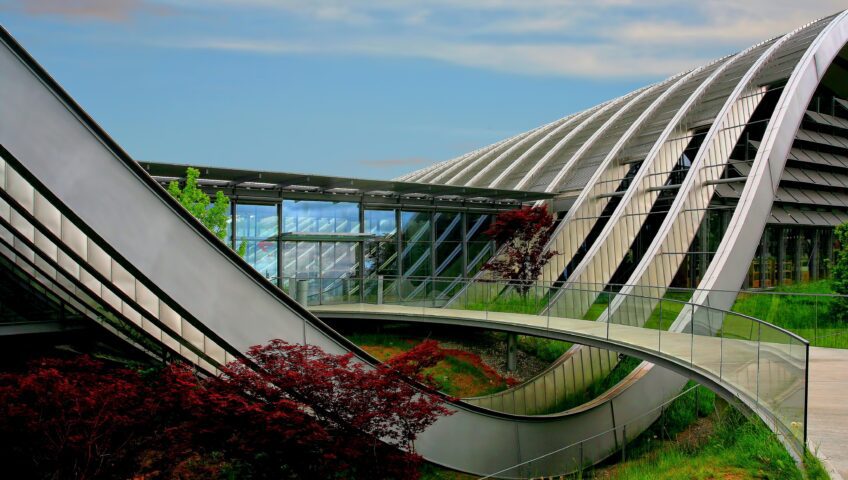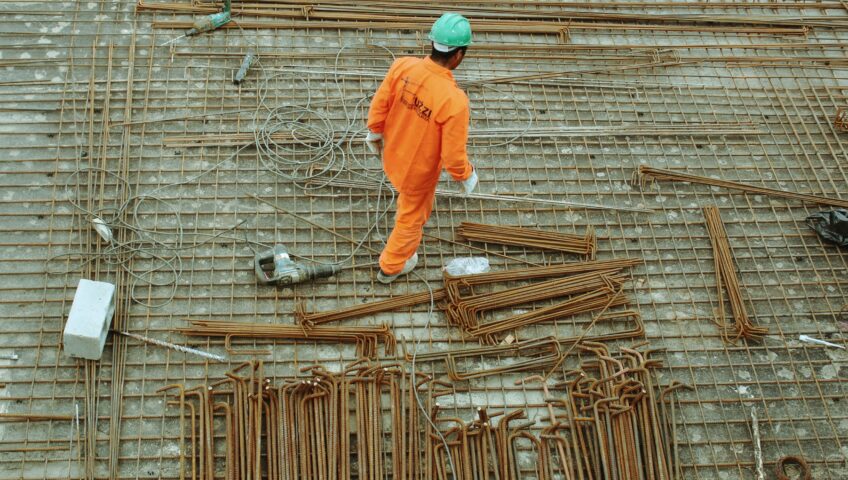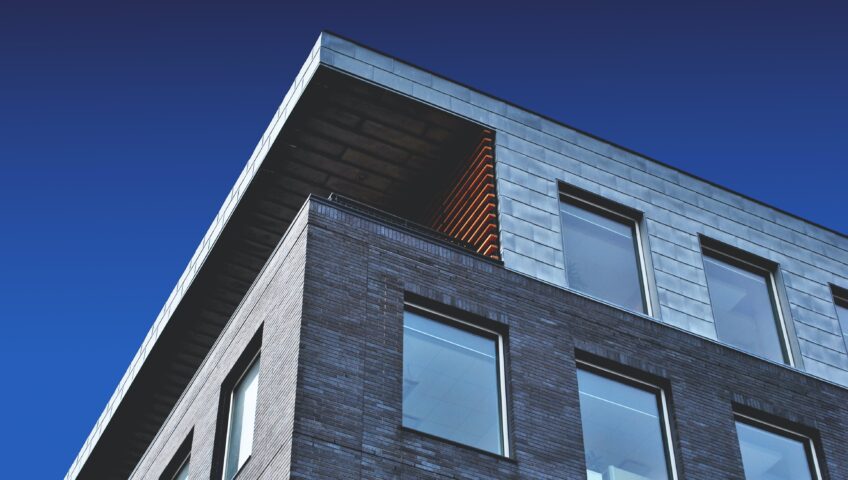When it comes to commercial construction, every decision matters, from the initial planning stages to the final touches. One of the most critical decisions commercial contractors face is selecting the materials for the project. While it may be tempting to opt for cheaper alternatives, the value of quality materials cannot be overstated. Let’s delve into why investing in quality materials is paramount for commercial renovations and construction projects.
Durability and Longevity
Quality materials are synonymous with durability and longevity. Unlike cheaper alternatives, which may deteriorate quickly, quality materials are built to last. From sturdy steel beams to high-grade concrete, investing in quality ensures that your commercial property stands the test of time. Think of it as a long-term investment rather than a short-sighted cost-saving measure.
Enhanced Safety
Safety should always be a top priority in any construction project. Quality materials are manufactured to meet stringent safety standards, reducing the risk of accidents or structural failures. When you cut corners on materials, you compromise the safety of your building and everyone who enters it. By prioritizing quality, you’re not just protecting your investment; you’re also safeguarding the well-being of your employees, tenants, and customers.
Superior Aesthetics
First impressions matter, especially in the world of commercial real estate. Quality materials offer superior aesthetics, elevating the visual appeal of your property. Whether it’s sleek marble countertops or stylish glass facades, premium materials can enhance the overall look and feel of your building. Aesthetics play a significant role in attracting tenants and customers, making it a worthwhile investment in the long run.
Cost Efficiency in the Long Run
While quality materials may have a higher upfront cost, they often prove to be more cost-effective in the long run. Cheaper materials may require frequent repairs or replacements, leading to additional expenses down the line. On the other hand, quality materials require minimal maintenance and offer greater durability, resulting in long-term cost savings. It’s essential to consider the total cost of ownership rather than just the initial outlay.
Environmental Sustainability
In an era where environmental sustainability is a growing concern, choosing quality materials can have a positive impact on the environment. Many high-quality materials are eco-friendly and energy-efficient, reducing the carbon footprint of your building. By opting for sustainable materials, you’re not just contributing to a healthier planet; you’re also future-proofing your property against evolving environmental regulations.
Local Considerations
For commercial contractors in Fayetteville, Raeford, Clinton, and other localities, understanding the value of quality materials is especially crucial. Factors such as climate, building codes, and regional preferences play a significant role in material selection. By partnering with a reputable general contractor who prioritizes quality, you can navigate these local considerations effectively. From Dunn to Aberdeen, from Southern Pines to Lumberton, investing in quality materials ensures that your commercial project meets the highest standards.
At CBI, we can assist you with all aspects of construction. Our team can help you with every step of your building project. Contact us today to see how we can assist you with obtaining your building permits or anything else you may need.
We offer services in Fayetteville, Pinehurst, Southern Pines, Lumberton, Sanford, Fuquay-Varina, Apex, and many other cities in North Carolina. For more information, give us a call at 910-818-6811 or you can email us at cbi@commercialbuildingnc.com.










